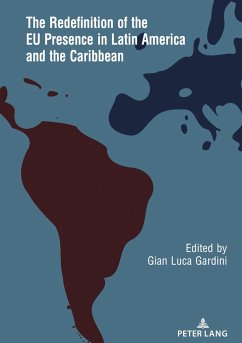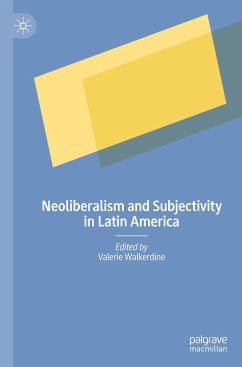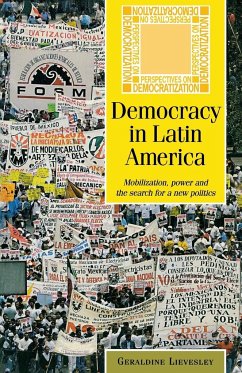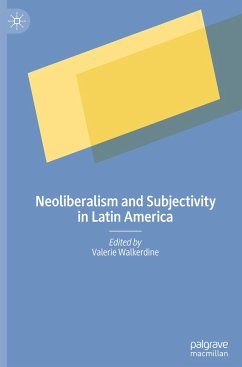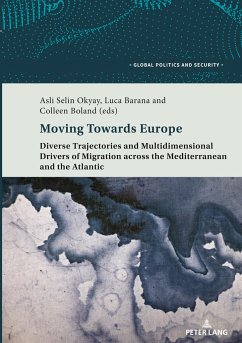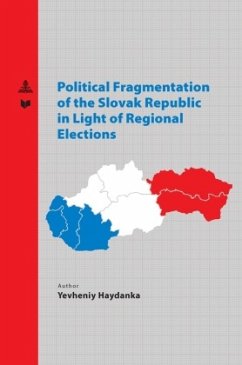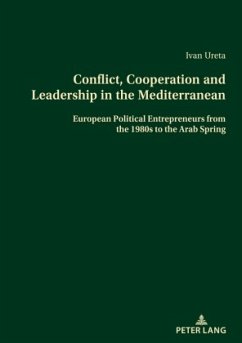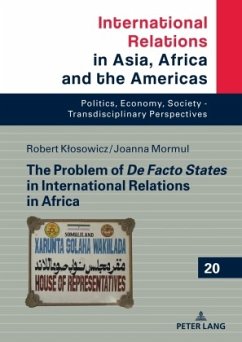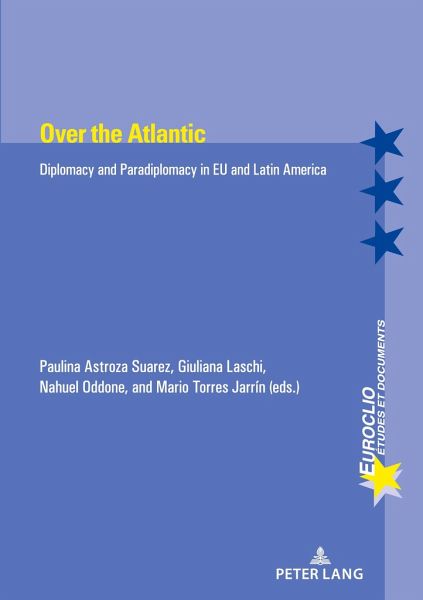
Over the Atlantic
Diplomacy and Paradiplomacy in EU and Latin America
Herausgegeben: Astroza Suarez, Paulina; Laschi, Giuliana; Oddone, Nahuel; Torres Jarrin, Mario
Versandkostenfrei!
Versandfertig in 6-10 Tagen
45,95 €
inkl. MwSt.
Weitere Ausgaben:

PAYBACK Punkte
0 °P sammeln!
The book is the result of a collective research work between the members of the team of the project "Over the Atlantic" (co-founded by the Erasmus + programme). A critical introduction presents the work, the content and the scope of the research, carried out with an interdisciplinary approach.This book consists of three main parts. The first discusses the institutionalization and normalization of paradiplomacy in some specific and well-documented case studies regarding the Latin America region. The second one refers to the relationship between paradiplomacy and cooperation in the context of in...
The book is the result of a collective research work between the members of the team of the project "Over the Atlantic" (co-founded by the Erasmus + programme). A critical introduction presents the work, the content and the scope of the research, carried out with an interdisciplinary approach.
This book consists of three main parts. The first discusses the institutionalization and normalization of paradiplomacy in some specific and well-documented case studies regarding the Latin America region. The second one refers to the relationship between paradiplomacy and cooperation in the context of international and regional relations. The third part analyses Cities and Parliaments as international diplomatic actors.
The theme of Paradiplomacy, as a means of unofficial relationships that reacts differently to the pressure of the international system, and the role of the local authorities, despite its relevance and importance, is scarcely analysed by academia.
This book consists of three main parts. The first discusses the institutionalization and normalization of paradiplomacy in some specific and well-documented case studies regarding the Latin America region. The second one refers to the relationship between paradiplomacy and cooperation in the context of international and regional relations. The third part analyses Cities and Parliaments as international diplomatic actors.
The theme of Paradiplomacy, as a means of unofficial relationships that reacts differently to the pressure of the international system, and the role of the local authorities, despite its relevance and importance, is scarcely analysed by academia.




